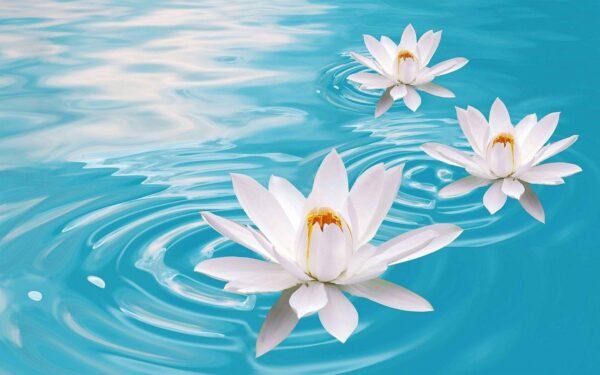5 Reasons Why Yoga is Better than Gymming
Here’s some reasons why you’d be better off replacing your gym work-out with a yoga class. This list of reasons excludes the simple fact that yoga has been recommended by wise sages and yogis for thousands of years, which in itself is a pretty hefty endorsement!

















